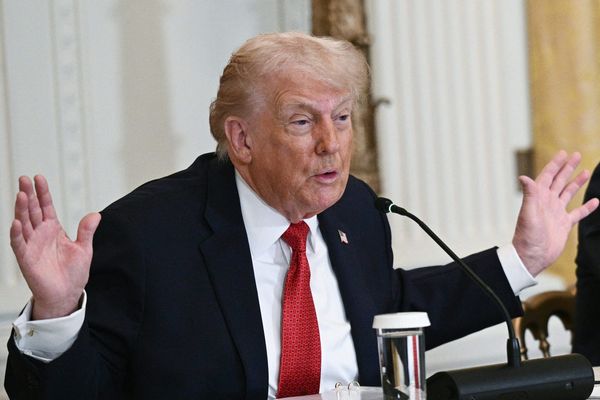
Pakistan is contemplating the possibility of increasing the retirement age as part of its efforts to address economic challenges ahead of an upcoming visit by the International Monetary Fund (IMF). The proposed measure is seen as a potential strategy to bolster the country's economy and meet the conditions set by the IMF for financial assistance.
The decision to raise the retirement age is being considered in light of the economic reforms required by the IMF to stabilize Pakistan's economy. By extending the retirement age, the government aims to reduce pension liabilities and enhance workforce productivity, which could contribute to overall economic growth.
If implemented, the increase in the retirement age would have significant implications for the labor force in Pakistan. It could potentially lead to a longer working life for individuals and a delay in retirement benefits. However, proponents of the measure argue that it is a necessary step to ensure the country's financial stability and meet the demands of international lenders.
The move to raise the retirement age comes as Pakistan prepares for discussions with the IMF to secure a new loan program. The IMF has been urging Pakistan to undertake structural reforms to address fiscal imbalances and improve economic governance. Increasing the retirement age could be one of the key reforms that the IMF is likely to scrutinize during the upcoming negotiations.
While the proposal to raise the retirement age is still under consideration, it reflects Pakistan's commitment to implementing tough economic measures to overcome financial challenges. The government's willingness to explore such measures demonstrates its determination to strengthen the economy and attract much-needed financial support from international institutions like the IMF.
As Pakistan navigates its economic landscape in the face of mounting pressures, the decision on the retirement age could play a crucial role in shaping the country's economic future. With the IMF visit on the horizon, Pakistan's policymakers are under pressure to make tough choices that will have far-reaching implications for the nation's economy and its people.







